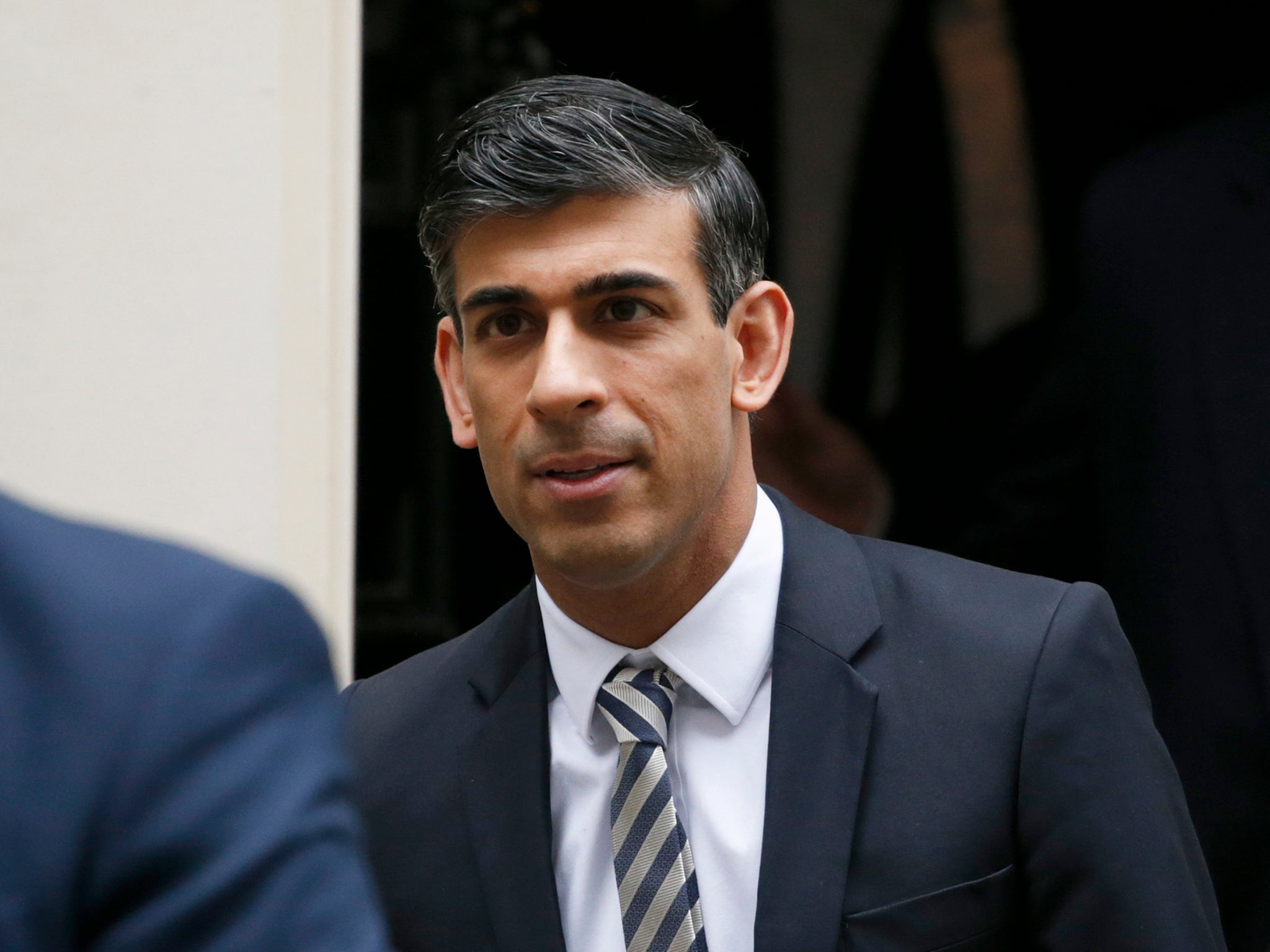As the clouds of war gather over Europe – and those are not words with which we expected to start an editorial in the 21st century – Rishi Sunak, the chancellor, is wise to wait before making the next big decisions about managing the UK economy.
By the time of the spring statement on 23 March, it will be too soon to have reached a view about the effect of the invasion of Ukraine on the European and world economies.
Mr Sunak apparently warned the cabinet on Tuesday that the world was facing a 1970s-level oil-price shock, which would have economic consequences. Paul Johnson, director of the Institute for Fiscal Studies, commented that, although the effects of the war are as yet unclear, it is likely to have “a really substantial and long-lived impact on economic performance”. One problem, Mr Johnson said, is that, “having saved everyone’s incomes from Covid, there’s an expectation he’ll do it again; but this is a very different sort of shock”. The Covid recession was V-shaped, straight down and straight back up again; recovering from the energy-price crunch is likely to take longer.
Indeed, even before the invasion, the convergence of cuts to living standards was unprecedented. The raising of taxes to start to pay for Covid measures, the stepping up of the energy bill cap, and the jump in inflation are all happening at the same time. The effect of the war has so far been to push global oil and gas prices even higher still.
The chancellor is now under intense pressure to use the spring statement as a mini-Budget, and to postpone next month’s rise in national insurance contributions. Indeed, the fiscal position is now so difficult that it bears comparison to that in 1976 or 1981. On balance, the tax rise should probably go ahead. It may be that a further Keynesian stimulus will be needed if rising energy prices do indeed tip us into recession, but that is not yet clear, and it would be easier to relax the fiscal position later if necessary than it would be to reimpose the tax rise if a stimulus is not required.
To keep up to speed with all the latest opinions and comment sign up to our free weekly Voices Dispatches newsletter by clicking here
That said, The Independent has argued that the tax rise is insufficiently progressive. We would have preferred to see the £20-a-week uplift to universal credit retained, paid for by higher top rates of income tax, by aligning capital gains tax rates with income tax, and by heavier taxation of expensive properties.
We stand by that principle. If the energy crisis does lead to recession, the government’s duty is to help protect those who are least able to weather the storm. Of course, the war in Ukraine may not lead to recession. It may seem too much to hope that Vladimir Putin will reach an accommodation with Volodymyr Zelensky, but there are other reasons for thinking that the world economy will be resilient, especially if interest rates – which had seemed on the verge of rising – remain low.
But a recession is all too possible, and if it happens, Mr Sunak must be ready with measures designed to preserve jobs and to ensure social justice in sharing the burden. His scheme to help with the costs of rising energy bills is already looking too small and too poorly targeted. He should be prepared to abandon the loan element, in which a discount on bills this year will be repaid by customers in subsequent years. But he must also be prepared to overcome his reluctance to use the universal credit system to deliver help where it is most needed. He used lower council tax bands as a crude proxy for low-income households because of his aversion to the idea of “welfare”.
If there is a recession, however, he must get over this ideological block and use universal credit to deliver help both to the unemployed and to those in work but on low pay. That will be the test of his promise to put the “overwhelming might of the British state” at the people’s service through the next crisis.




Join our commenting forum
Join thought-provoking conversations, follow other Independent readers and see their replies
Comments